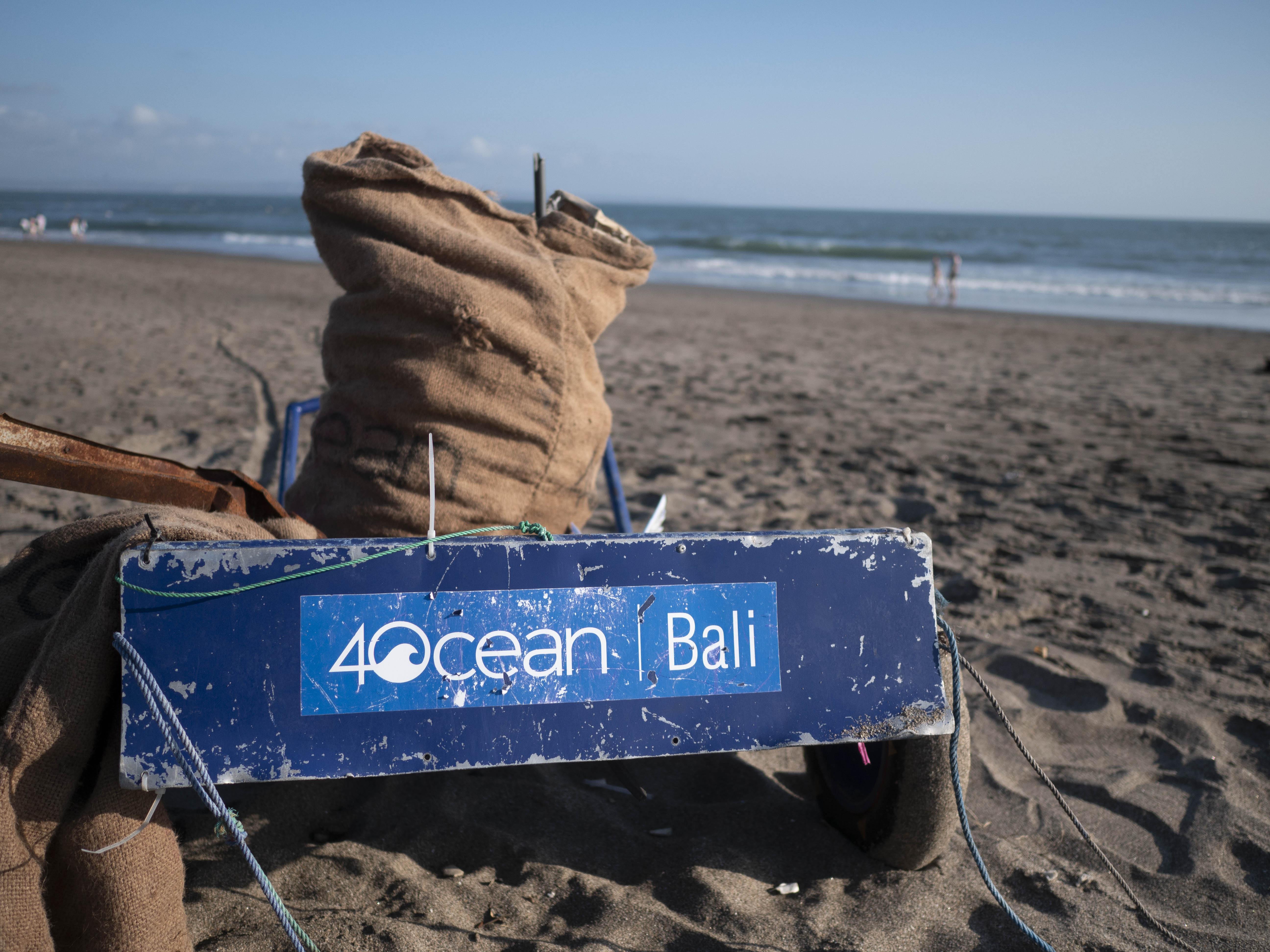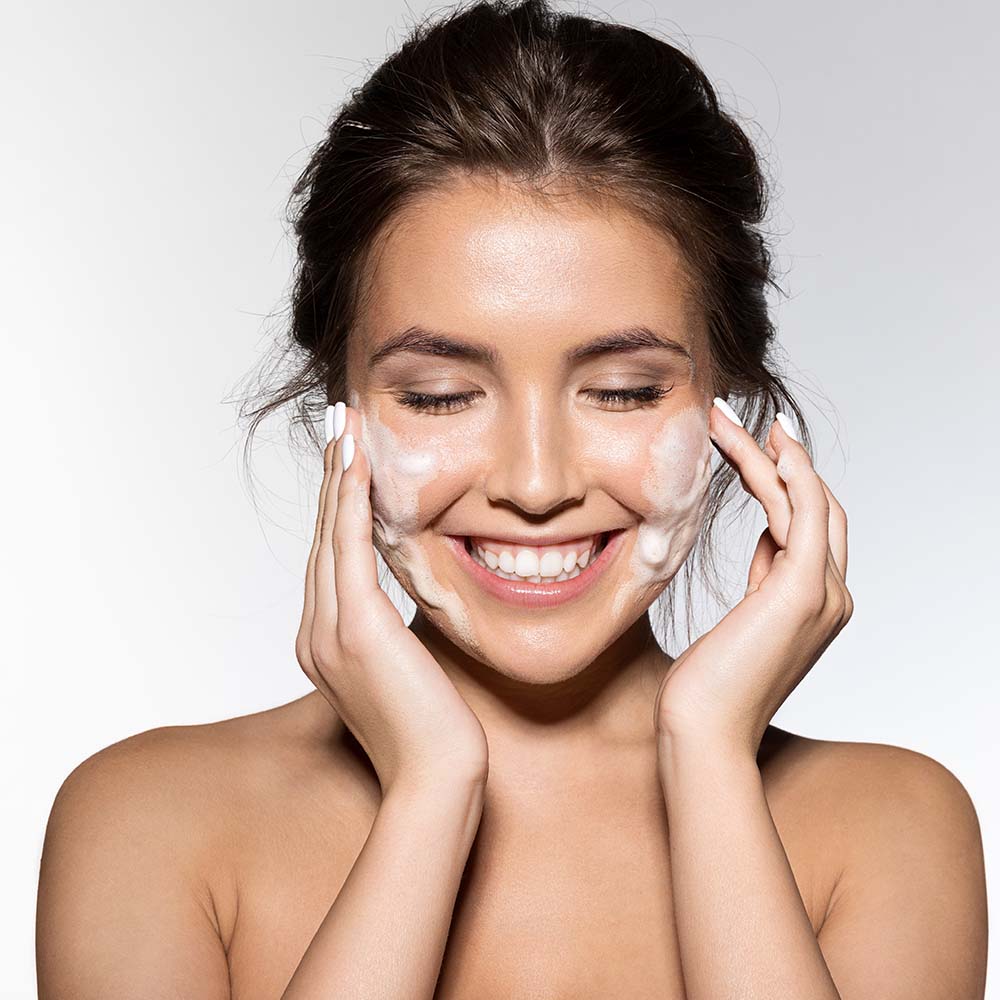5 MIN READ
3-25-2024
Can Sunscreen
Hurt Your
Health?
Mikaela Walsh, 4ocean Research Analyst
Does your sunscreen contain toxic chemicals?
Most sunscreens are chemically designed to protect your skin from sunburns, scarring, wrinkles, skin cancer, and other harmful effects from the sun. But what actually is sunscreen, and how does it work? Let's deep dive into the facts! To start, did you know that skin is the most absorbent organ in the human body? That means what you put on your body goes into your body! Understanding how sunscreens affect your body and the chemicals applied to your skin is crucial.
![shutterstock_1607169163-[Converted].png__PID:44bca4f8-7959-4758-aa59-c6f49280459c](https://cdn.shopify.com/s/files/1/0996/1022/files/shutterstock_1607169163-_Converted.png?v=1711655816)
Sunscreen is essential to protect your skin from the sun's ultraviolet radiation, commonly called UV rays. Despite the sun's great distance from the Earth, the radiation emitted still reaches our planet. The sun emits three types of ultraviolet radiation, known as UVA, UVB, and UVC. While UVC is filtered out due to the ozone layer around Earth’s atmosphere, UVA and UVB can reach Earth’s surface. UVA rays have a longer wavelength and can penetrate the skin deeper. These UVA rays are associated with aging and causing skin damage. UVB rays have a shorter wavelength which is commonly associated with sunburns as they are shown on the top layers of the skin. These rays are commonly known for the development of cancer because they affect the same skin repeatedly. Scientists have shown that skin cancer increases when spending too much time in the sun without ultraviolet protection.
Sunscreen works by either absorbing or reflecting the UVA and UVB rays. There are two types of sunscreen options: chemical and mineral. Chemical-based sunscreen is commonly used and comprises chemicals that can turn the sun's radiation into heat energy. With this type of UV protectant, the sun's rays are absorbed into the skin and converted from radiation to heat energy. The conversion that takes place prevents one from getting sunburnt. Mineral sunscreen differs because it is composed of minerals that can block the sun's rays from penetrating the skin barrier, protecting the skin differently.
![shutterstock_377673574-[Converted].png__PID:a4f87959-8758-4a59-86f4-9280459cae87](https://cdn.shopify.com/s/files/1/0996/1022/files/shutterstock_377673574-_Converted.png?v=1711656198)
It's important to ensure your sunscreen does not contain harmful chemicals that can pose a risk to your health. Oxybenzone is an ingredient commonly used in chemical sunscreens that is absorbed through the skin and can cause allergic reactions. Among other effects, the ingredient can act as a hormone disruptor in adults and children. Another harmful ingredient that is often used in sunscreen is Octinoxate. Octinoxate is a UV filter that is absorbed into the bloodstream having shown to cause allergic reactions with adverse effects relating to thyroid hormones. An additional UV filter commonly found in sunscreen is Homosalate. Not only does it disrupt hormones but it also produces toxic byproducts as it degrades. Lastly, there are some chemicals that have not yet been deemed safe for use in sunscreens but are still present. These include octocrylene, avobenzone, and octisalate. To illustrate the potential effects of some chemicals, it is important to note that while they may not be carcinogenic at room temperature, they can become carcinogenic at higher temperatures. These chemicals can wreak havoc on the human body and should be avoided until the long-term effects of using these UV filters are determined.

4ocean x Stream2Sea
Reef-Safe Sunscreen Balm
Shop now + Clean the OceanWe partnered with Stream2Sea up to make human-safe and reef-safe sunscreen. Our product is fragrance-free, non-greasy, and safe for sensitive skin. It protects you from the sun's rays for up to 80 minutes and is 100% mineral-based. Our product is free from nano and clear zinc, oxybenzone, parabens, and SLS/SLES. It is EWG verified and shown to be effective against the harmful effects of the sun. The ingredients in our sunscreen balm include:
- EcoSafe Zinc: A non-nano zinc oxide that does not change the pH of the water and passes a broad spectrum of aquatic safety trials. It was tested and ensured to be safe for the ocean and skin.
- Sweet Almond Oil: This is a great source of Vitamins A, E, and B, as well as essential fatty acids. This oil helps nourish the skin and refrain from clogging pores.
- Sunflower Seed Oil: This oil is high in Vitamin E, linoleic and oleic fatty acids to moisturize the skin and allow absorption.
- Beeswax: Used to thicken the formula and enhance the water resistance.
- Jojoba Esters: This ingredient improves the skin and hair's feeling without the greasy component. Furthermore, on a molecular level, it is similar to our skin’s sebum oil and can assist in naturally balancing our skin's oil production.
- Sorbitan Olivate: This is not only EcoCert-approved but is an emulsion stabilizer that allows moisture to penetrate and improve the skin's ability to absorb water for additional hydration.
- Polyhydroxystearic acid: This enhances the stability of zinc and aquatic safety; it improves the ability to spread the product while aiding in UV absorption.
- Silica: Assists in reducing oiliness and aids in the distribution of minerals when applied.
- Mixed Tocopherols (Vitamin E): antioxidant that protects the skin from free radicals and prevents oxidation of the product

Protecting your skin from intense sun radiation is essential for a healthy lifestyle, but it shouldn't come at an immense cost! Chemical-based sunscreen can have damaging affects with the harmful chemicals used inside. Mineral-based sunscreen provides a better alternative to chemical-based sunscreen by blocking harmful rays instead of absorbing them. Our reef-safe sunscreen was not only made to protect humans from the sun but to also protect the environment. It was formulated to ensure that it is safe and effective for human use and does not contain harmful chemicals commonly found in other sunscreen. Sunscreen should be used year-round as the sun constantly emits radiation. Whether you are snowboarding in the mountains, diving in the ocean, or walking around a city protect your skin and the environment!

4ocean x Stream2Sea
Reef-Safe Sunscreen Balm
Shop now + Clean the Ocean
You May Also Like



